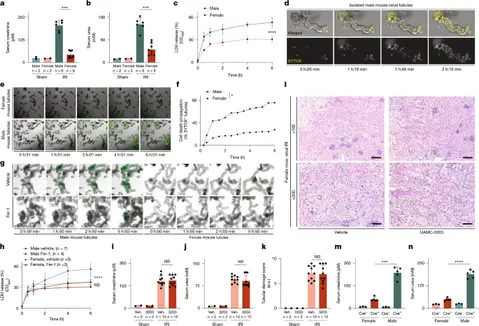T4K3.news
Menopause supplement promises relief at 63p a day
MenoFriend is promoted in the UK with a first purchase 25 discount and a price as low as 63p per day.

A new product called MenoFriend is marketed to ease menopause symptoms with a limited time discount for first time buyers.
Menopause supplement promises relief at 63p a day
Dr Vegan promotes MenoFriend in the UK as a dietary supplement intended to support hormonal balance energy mood bones and muscles using vitamins minerals and plant extracts. A study cited by the brand involved 1 525 women and looked at 32 menopausal symptoms. Brain fog joint aches weight gain and feelings of isolation were among the most frequently reported issues. The company says 89 percent of 996 women who used the product for two months or longer felt a difference. UK advertising rules limit health claim language for menopause while the product notes it is designed to support wellbeing rather than diagnose or treat symptoms. The listed price is 18 69 pounds with a 25 discount for new customers using code MENO25 which can reduce the daily cost to about 63 pence. MenoFriend contains vitamin B6 magnesium and vitamin D3 along with plant ingredients such as wild yam maca and dong quai. The article also mentions alternatives from other brands and a care co menopause patch. The page includes affiliate links and a disclosure that commissions may be earned from sales. Reviews on third party sites are mixed with some users reporting noticeable benefits and others saying they saw little or no change.
Key Takeaways
"63p a day and a shot at feeling like my old self"
consumer reaction to price and promise
"Promises of relief need clear science and clear labels"
regulatory concern
"Affiliate links should come with honest disclosures"
advertising transparency
"Small price big questions about evidence"
editorial caution
This analysis looks at how a wellness product enters the market through a blend of science claims and consumer incentives. The price promotion and limited time offer create urgency for new buyers while regulatory rules temper the marketing of menopause symptom claims. The reliance on a marketed study and customer testimonials without independent verification raises questions about evidentiary standards. A broader trend is visible here: direct to consumer supplements push for traction with clear discounts while leaving room for debate about efficacy and safety. Consumers should approach such products with caution and seek professional guidance for persistent symptoms.
Highlights
- 63p a day and a shot at feeling like my old self
- Promises of relief need clear science and labels
- Affiliate links should come with honest disclosures
- Small price big questions about evidence
Regulatory and consumer risk around health claims and promotions
The piece markets a supplement with potential health claims despite UK rules restricting menopause symptom claims; affiliate links raise questions about disclosures and potential bias; price promotions and subscription terms may mislead some customers.
Markets will test how regulation and consumer trust evolve as more menopause aids enter the space.
Enjoyed this? Let your friends know!
Related News

Creatine Gummies Under Scrutiny

Rising MASLD affects millions in the UK

Ginger health benefits reviewed

Dietary Changes Could Help Reduce Headaches

New menopause cookbook challenges how we eat

Deregulation fuels a dangerous supplement market

Trump bill shapes 2026 campaigns

Estrogen protects kidneys from ferroptosis
